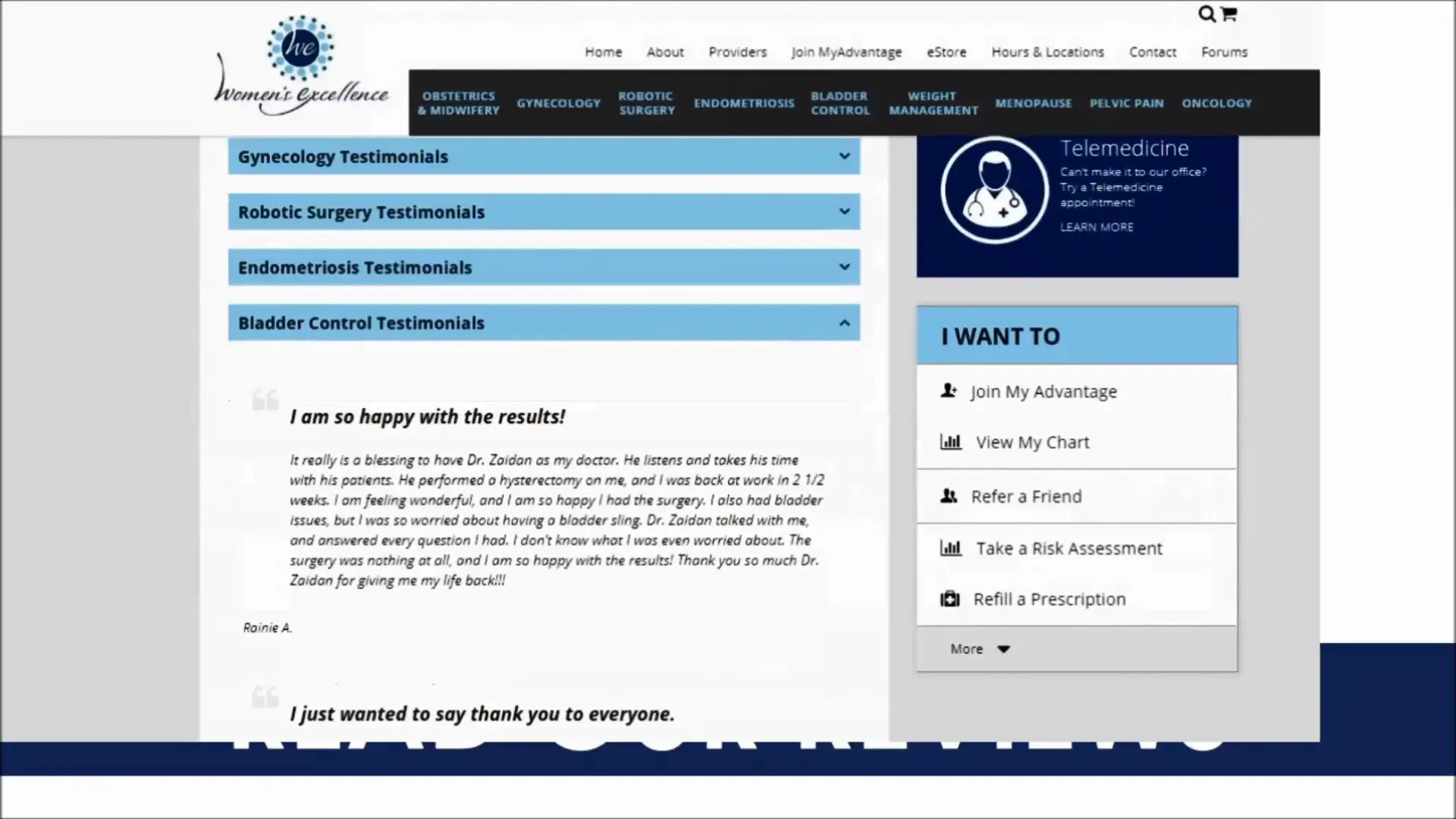POSTPARTUM BREASTFEEDING BENEFITS FOR MOM:
- Breastfeeding moms have a decreased risk of heavy bleeding or long periods of blood loss after their baby is born.
- Breastfeeding moms live healthier lifestyles.
- Breastfeeding helps the uterus go back to its normal size.
- Breastfeeding helps decrease the risk of pre-menopausal breast cancer.
- Breastfeeding may increase bone strength and decrease the risks of ovarian and uterine cancer, osteoporosis and hip fractures later in life.
- Breastfeeding lowers the risk of developing diabetes and heart problems later in life.
- Breastfeeding may lower the risk of heart problems.
- Exclusive breastfeeding during the first six months contributes to better child-spacing and provides a natural form of contraception.
- Breastfeeding creates a special connection between mom and baby that is formed by touch and time spent together growing a bond that will last forever.
- Breastfeeding allows one hand to be free, allowing the ability to take care of personal needs or the needs or attention of other children.
- Breastfeeding allows the time for mothers to rest throughout the day, something all new mothers need.
- Breastfed babies are easily fed anywhere and anytime!
- Nighttime feedings are quick and easy as breastfeeding does not require mixing, measuring or clean-up!
ECONOMIC REASONS TO BREASTFEED:
- Average savings the first year breastfeeding are around $1,000! Breast milk is free!
- Breastfed babiesare healthier and have fewer illnesses resulting in fewer visits to the pediatrician or hospital which saves more money in healthcare costs.
- Working parents miss less work and income because breastfed babies have fewer illnesses that require a parent to stay home.
- No waste results from breastfeeding-all that is needed is you and your baby!
- Breast milk comes ready in individualized serving sizes that are pre-packaged in your breast! No need for plastic or glass containers.
- Breast milk requires no energy to prepare and it is always at the perfect temperature.
BENEFITS FOR BABY:
- Breast milk is the perfect food for a baby that provides the exact amount of nutrients a baby needs-far superior to formula.
- Breast milk naturally changes to meet the developing needs of your growing baby – no formula can do that!
- Breast milk naturally contains special protective factors for your baby’s health to lower risks for respiratory tract infections and ear Formula fed infants have a higher risk for ear infections.
- Breast milk helps build intestinal development in babies that provide protection from bacterial and viral infection, as well as prevent toxins from passing through-formula can.
- Breastfed babies have lower rates for chronic bowel diseases that include ulcerative colitis, celiac disease, and Crohn’s disease.
MORE BENEFITS:
- Breastfed babies are at decreased risk of becoming infected with a life-threatening illness. Babies that are breastfed have a lower risk of food allergies, asthma, colic, eczema in families that have a familial history of allergic disease; formula feeding increases risks in the development of allergies.
- Breast milk is easier for baby to digest, resulting in less gas, constipation or diarrhea.
- Breastfeeding provides the ideal food for the baby’s best possible growth and development.
- Breastfed babies are smarter; formula-fed infants IQ’s are lower.
- Breastfeeding helps develop strong bonds between baby and mother.
MORE:
- Breastfed babies have lower rates of sudden infant death syndrome (SIDS); formula feeding increases the risk.
- Babies breastfed 6 months or longer have lower rates of obesity as children and lower risk of high blood pressure later in life.
- Formula feeding increases the risk for obesity later in life.
- Breastfed babies have a lower risk of developing insulin-dependent diabetes mellitus (IDDM). Early introduction to baby’s of formula increases the risk of developing type 1 diabetes.
- Breastfed babies have lower risks of sleep obstructive apnea or snoring later in life.
- Breastfed babies have a lower risk of some childhood cancers such as leukemia and lymphoma than formula fed.
- Formula fed baby girls had higher rates for breast cancer later in life as compared to a 25% lower rate in breastfed baby girls.
MORE:
- Breastfeeding improves the effectiveness of vaccinations.
- Breastfeeding lowers rates of urinary tract infections.
- Breast milk provides natural chemicals that provide pain relief in infants.
- Pre-term breast milk provides the best nutrients for preterm babies
- Breastmilk supplies the right ingredients when babies are sick.
- Breastfeeding help in the correct development of baby’s teeth and jaws.
WARNING SIGNS WITH BREASTFEEDING:
- If your baby is 5 days old and has not started to regain weight lost at birth.
- If your baby is not back to original birth weight by two weeks of age.
- If your baby is 3-4 days old and not nursing at least 8 times in a 24 hour period.
- If your baby is 5 days old and you do not feel like your milk has “come in”.
- You do not hear your baby gulping or swallowing during feedings and you know your milk is in. Your baby does not seem content or satisfied after a feeding.
- Throughout feedings, you experience continuous nipple pain.
- These signs could be an indication that your baby is not getting enough breastmilk and can become serious if not corrected quickly.
- Keeping track of your baby’s intake, urine output and bowel movement patterns (poops) can easily be done by recording in a daily/weekly log provided in this booklet.
FLUIDS WITH BREASTFEEDING:
- Try to drink some water each time you breastfeed your baby to prevent dehydration.
- Try to drink enough water so that you do not feel thirsty.
- Thirst can mean you need more water! Check yourself: your urine should be light yellow or clear. If it is dark, you need more water. You will need more water in order to help make breast milk, so try to drink more water and non-caffeinated beverages than you did before breastfeeding!
DIET:
- Try and eat a varied diet, full of foods of different colors, textures, and flavors.
- Try to stick to natural, non-processed foods as much as possible.
- Be sure to include fruits and vegetables, lean proteins (like chicken and fish), whole grains and dairy.
- Continue to take your prenatal vitamins while breastfeeding.
- Some foods, like caffeine, can upset your baby.
- Talk to your midwife if certain foods seem to cause a problem with breastfeeding.
ACTIVITY:
- Exercise will not affect your milk supply or with your baby’s feeding and may help to make more breast milk!
- Exercise can help you to have more energy and should be incorporated into your life after your midwife or doctor gives you the go-ahead.
- Do not exercise to exhaustion! Pay attention to your body, and adjust your level of exercise so that you can have a conversation while exercising in order to avoid over-strenuous activity.
- If you exercise to the point of feeling sore, your body may produce a chemical called lactic acid, which can make your milk taste sour for a short time.
REST:
- Try to get enough sleep, which may mean taking naps with your baby and putting off chores or other tasks that can wait.
- It is really important that you get enough sleep because exhaustion can lead to decreased breast milk supply, especially during the first 6 weeks postpartum.
Postpartum breastfeeding is a personal decision for every woman. Contact us using our live chat to discuss any concerns or with any questions. We are here to help!







